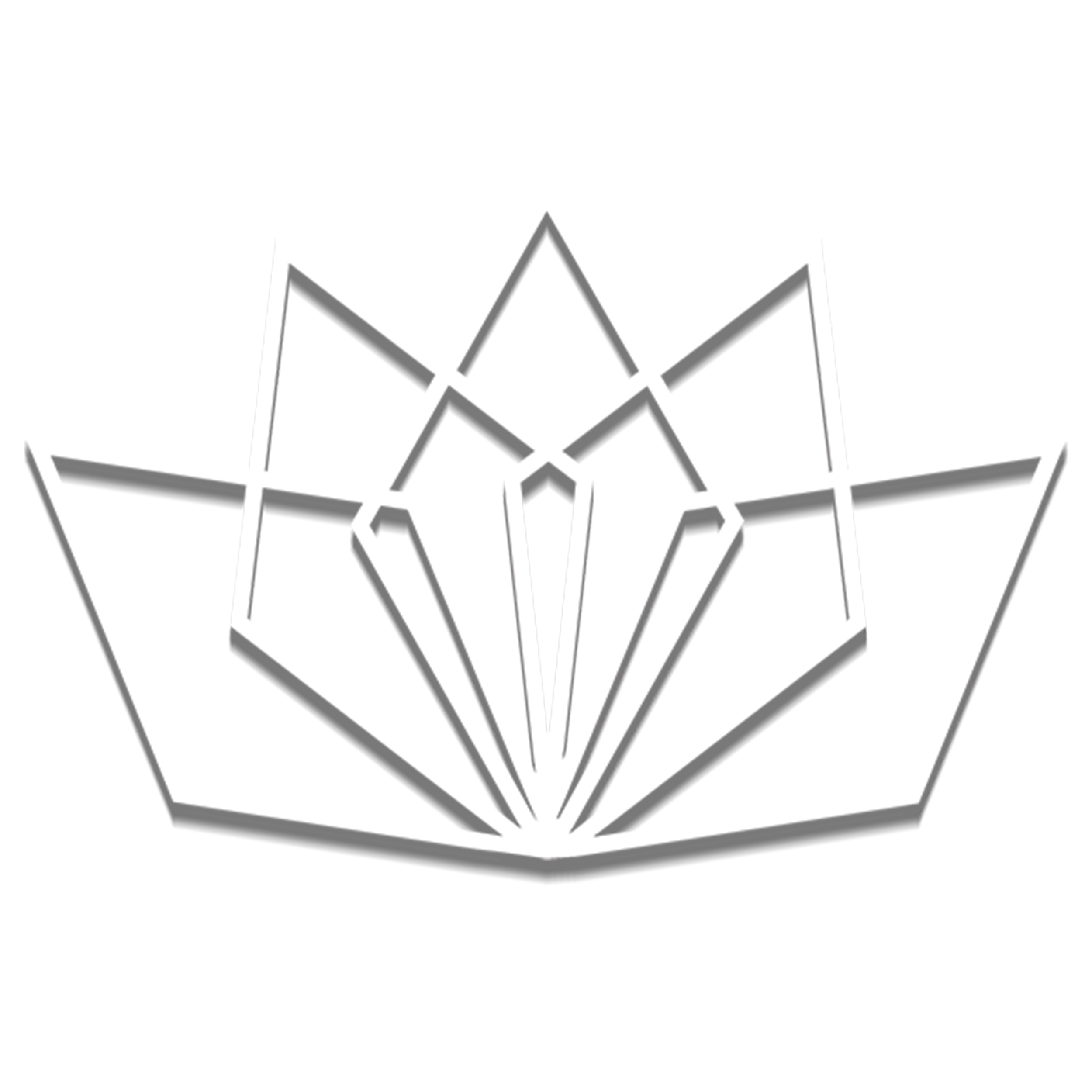3 Concepts of Confucianism
Finding the Balance | Rachel Bishop
Confucius is notorious among Western citizens for his inspiring quotes that promote a peaceful state of mind. But how much do we really know about the teachings and foundations of one of the biggest religions of the Orient? We could all benefit from a quick and necessary breakdown of three basic concepts.
“Confucianism is one of three main religions in China, along with Taoism and Buddhism.”
Named after its founder, Confucianism started in China nearly 2500 years ago as a socio-political philosophy with religion as its background rather than its focus. Confucianism is one of three main religions in China, along with Taoism and Buddhism. Taoist and Confucian concepts often blend and the foundation of beliefs is similar for both religions.
The first concept of Confucianism is Tao or “The Way,” which is a concept to harmonize one’s will with Nature. Tao can be understood as the flow of the universe; all the elements of the world derive from Tao and it is believed that the universe and nature always finds balance and order. Unlike Western religions, Tao is not divinely worshipped by believers, rather it’s an idea put into practice each day and used as a way of leading one’s life.
The second vital concept for understanding Confucianism is the polarity of Yin and Yang. The belief is that seemingly opposite forces are actually connected and complementary. Both forces need one another to rise and complete each other. Yin is the dark, feminine and negative force of life and Yang is the bright, masculine and positive contrasting force. This is probably one of the most popularized concepts of Confucianism, but it is more than “opposites attract.” Following Confucius’s beliefs, Yin and Yang are present in all that exists. The two energies constantly interact and exchange negatives and positives throughout any living being’s life.
“Tao can be understood as the flow of the universe; all the elements of the world derive from Tao and it is believed that the universe and nature always finds balance and order. ”
As previously hinted in the first concept of Tao, the third main concept of Confucian religion is the search for harmony. Harmony, according to Confucius, is most precious; fundamentally humans should respect nature and follow the trajectory of the universe since it always brings universal balance. Confucius believed harmony is the key to cultivating oneself and patience with oneself and others leads to peacefulness. Further concepts of harmony involve self-restraint and propriety. Self-restraint is a virtue that minimizes conflicts with others and is naturally intertwined with propriety. The concept of propriety is the ultimate expression of harmony and consequently fosters the practice of morality and justice that perpetuates communal harmony.
Confucianism has been a political influence, a religion, and a philosophy. It would be a mistake to trivialize it by adopting its beliefs without fully understanding the cosmology, physics and spiritual aspects that took centuries to conceptualize and practice freely.
